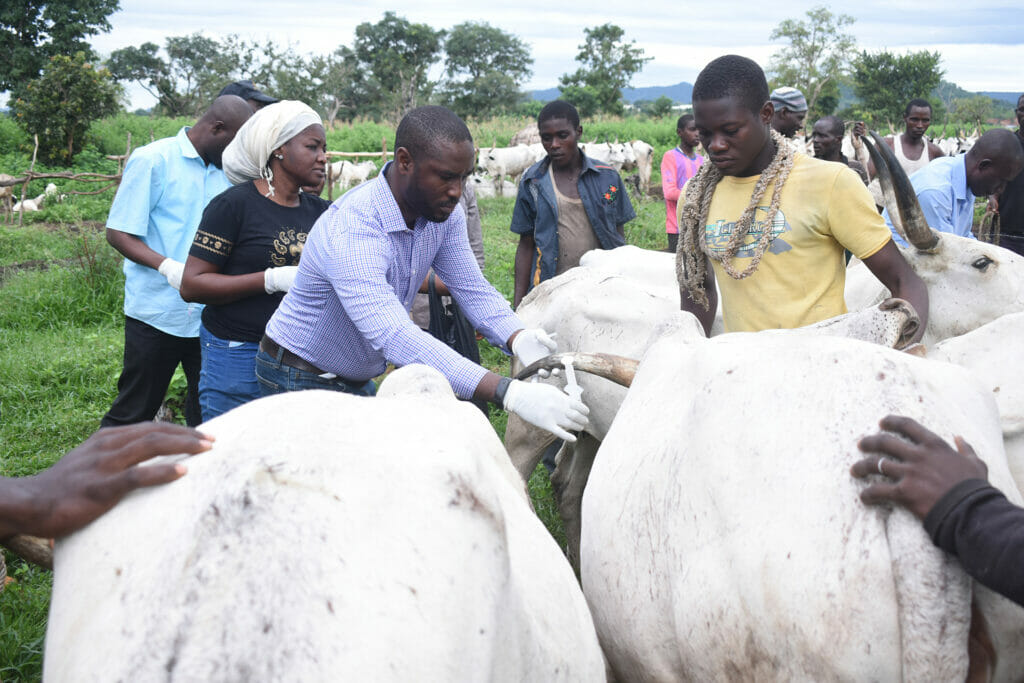Farmalert, a social enterprise dedicated to animal health in Nigeria, has donated laboratory equipment to the Kubwa community in order to improve animal health and disease diagnosis in the Federal Capital Territory.
Dr Femi Kayode, National Coordinator of Farmalert, made this known to newsmen in Abuja on Wednesday in a statement.
Kayode observed that the world had seen an increase in the frequency of emerging and re-emerging infectious-disease epidemics over the last 20 years.
“Unfortunately, the African continent has suffered the majority of the devastation caused by successive epidemics.”
“It is estimated that the epidemics have resulted in the loss of over 227 million years of healthy life and an annual productivity loss of over 800 billion dollars across Africa,” he said.
According to Kayode, recent outbreaks of infectious diseases were caused by flaws in Africa’s veterinary surveillance systems and a lack of adequate data to make important policy decisions.
He mentioned African swine fever and Highly Pathogenic Avian Influenza as examples of such diseases.
“Because of insufficient capacity and compliance, conventional passive surveillance has proven largely ineffective, and many countries are unable to sustain active surveillance activities.”
“As a result, public veterinary services and the commercial livestock sector are unable to detect and respond to outbreaks of new disease threats in a timely manner.”
“They are also unable to successfully manage the control of trans-boundary diseases, many of which remain endemic,” Kayode added.
Farmalert, he said, was focused on developing a system for livestock health and disease prevention to help farming communities in Nigeria.
“We discussed the need to strengthen disease diagnosis through proper laboratory tests in one of our Master classes,” Kayode said.
Farmalert, according to the national coordinator, has also promised to assist any veterinarian in Nigeria who is central to disease diagnosis in a community densely populated with farmers and pet owners.
Farmalert, according to Kayode, donated an incubator to strengthen the laboratory in order to protect the health of local animals.
